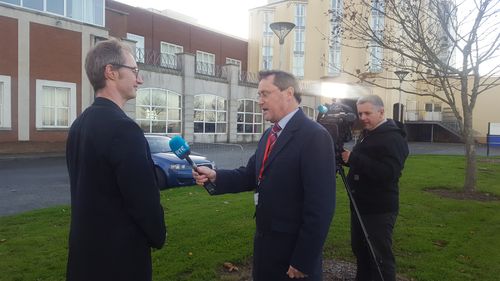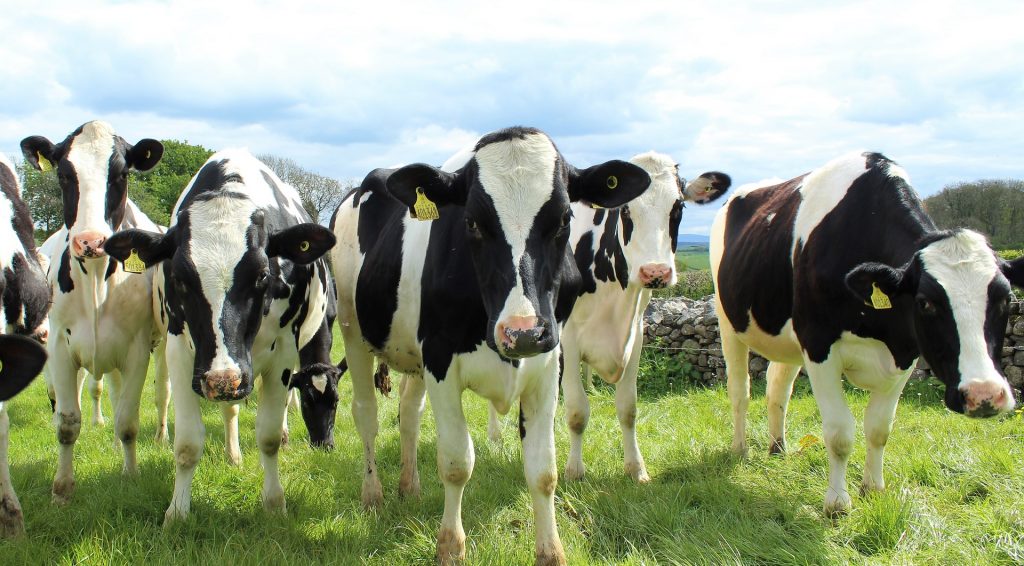Citizen’s Assembly: ‘clarion call’ for government to step up climate action

November 6th, 2017
The outcome of the Citizen’s Assembly must act as a “clarion call” for the government to step up action to tackle climate change, a coalition of civil society and environmental NGOs has said.
After two weekends of deliberation, the Citizens’ Assembly voted in favour of 13 recommendations to overhaul Irish climate change policy.
The Assembly voted for the likes of a carbon tax on agriculture, the phasing out of peat subsidies and increased spending on sustainable public transport.
Members also voted for the establishment of a new well-funded independent body with a broad range of functions and powers to urgently address climate change.
The Stop Climate Chaos coalition described the outcome as “a clarion call for the Government to immediately step up climate action”.
SCC Spokesperson and Director of Friends of the Earth Ireland, Oisin Coghlan, said that, if adopted, the recommendations would “end nearly a decade of dithering and delay” from the State.
“These common-sense, practical recommendations for climate action will not get us from laggard to leader. But they will allow us to catch up with our European neighbours,” he added.

Oisin Coghlan being interviewed on RTE at Citizens’ Assembly Photo: SCC
Niamh Garvey, Head of Advocacy at Trócaire said that action is needed now as climate change is already impacting the communities in which the aid group work.
She added: “Climate change is here, it is now, and it is everywhere. It’s impacting most profoundly on those who have done least to cause it.”
The Minister for Climate Action, Denis Naughten, TD welcomed the work carried out by the Assembly and said that the Government must now give citizens the “tools and resources to help make the transition to a low carbon economy”.
He highlighted 30 measures related to action on climate change in Budget 2018, the majority of which are connected to energy production.
“Using less energy and using it more efficiently is the most cost-effective and accessible way to tackle climate change,” the Minister explained.
The latest Budget was criticised, however, by Green Party Leader Eamon Ryan TD for showing a “lack of ambition” and an “absence of any big climate actions”.
Mr Coghlan also described the Budget as a “complete failure” on climate change. “We get a drop in the bucket on energy efficiency, a few baubles on electric vehicles and a review of the carbon tax”, he said.

holstein-cattle Photo: CallyL
Carbon Tax Impractical for Farmers
The Citizens Assembly voted in favour for a higher carbon tax and supported Trinity College Dublin Professor Alan Matthews’ proposal for a carbon price signal for agriculture.
Addressing the Citizen Assembly over the weekend, Prof Matthews said a carbon price signal has the potential to halt raising agricultural emissions, which account for one-third of Ireland’s total emissions.
According to the EPA, emissions are set to increase by four to five per cent by 2020 from current levels, largely due to the impact of the industry-led Food Wise 2025 targets.
Prof Matthews said that the carbon price signal could come in the form of a tax on excessive emissions and/or a subsidy to reward farmers who move to sequester additional carbon on their land.
The Assembly recommended that any revenue raised through a tax should go toward supporting “climate-friendly agricultural practice”.
President of the Irish Farmers’ Association, Joe Healy, however, said that “there is no evidence” that an agricultural carbon tax would have “any positive environmental effect in practice”.
He disputed the idea by pointing to a four pre cent increase in overall national greenhouse gases in 2011, just one year after the introduction of Ireland’s carbon tax on fuels in 2010.
The carbon tax regime covers kerosene, liquid petroleum gas, fuel oil, natural gas and solid fuels, but does not include the likes of methane emissions from ruminant animals such as cattle.
Agriculture accounts for one-third of total emissions in Ireland. According to Teagasc, agriculture accounts for 85 per cent of methane emissions in Ireland due to the dominance of cattle and sheep livestock production in Irish agricultural output.
[x_author title=”About the Author”]







